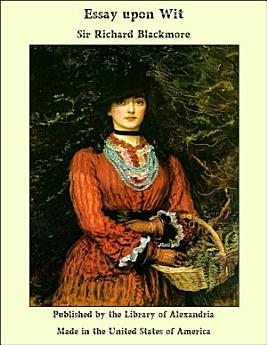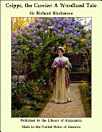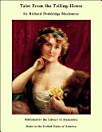Essay upon Wit
Tungkol sa ebook na ito
Sir Richard Blackmore contributed his share to the growing wave of bourgeois morality, which in the 18th century was reflected in the middle-class appeal of Addison and Steel, Lillo'sæLondon Merchant, and Richardson's almost feminine plea for virtue rewarded. A physician, Blackmore had turned to poetry for relaxation and composed his soporific epics, by his own admission, in the coffee-houses and in his coach while visiting patients. In the preface, toæPrince Arthuræ(1695) the City Bard took occasion to flay the Wits of the day for their immorality, an attack which he followed up in 1697 with the Preface toæKing Arthur, whose thinly disguised political allegory won him a knighthood. Up to this point the Wits had treated him with amused scorn, but when he called his big guns into action in theæSatyr against Witæ(dated 1700 but issued late in 1699) the Wits set out to crush him for once and all.Commendatory Verses on the of the Two Arthurs and the Satyr against Witæ(1700), the reply, was far from commendatory. Edited by Tom Brown and sponsored by Christopher Codrington, this miscellany attempted in scurrilous and often bad verse to laugh the Knight out of literary existence. Its main distinction lies in the list of contributors, among whom were Sir Charles Sedley, Richard Steele, Tom Brown, and probably John Dennis. Blackmore's supporters answeredæCommendatory VersesæwithDiscommendatoryVerses on Those Which are Truly Commendatory, on the of the Two Arthurs, and the Satyr against Wit. (1700). It is not at all certain that Blackmore emerged second best in this exchange of blows in the miscellanies. At any rate, unabashed he went on to write more epics on Elizabeth, Alfred, Job, and to win himself a doubtful immortality by being pilloried in Pope'sæDunciad.








